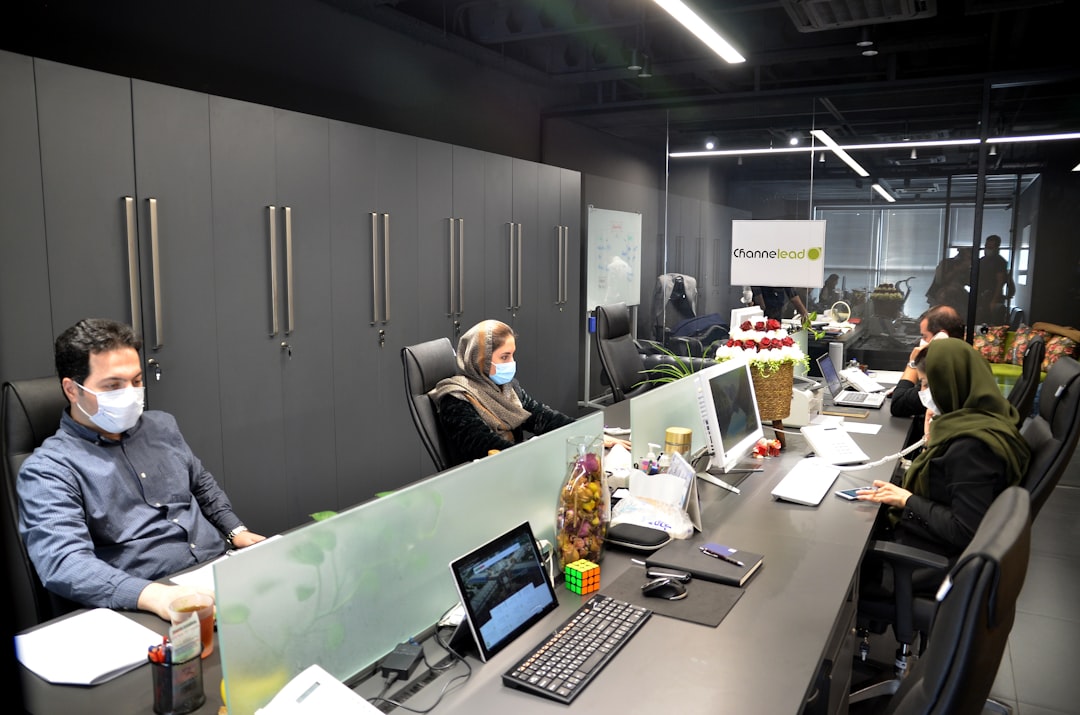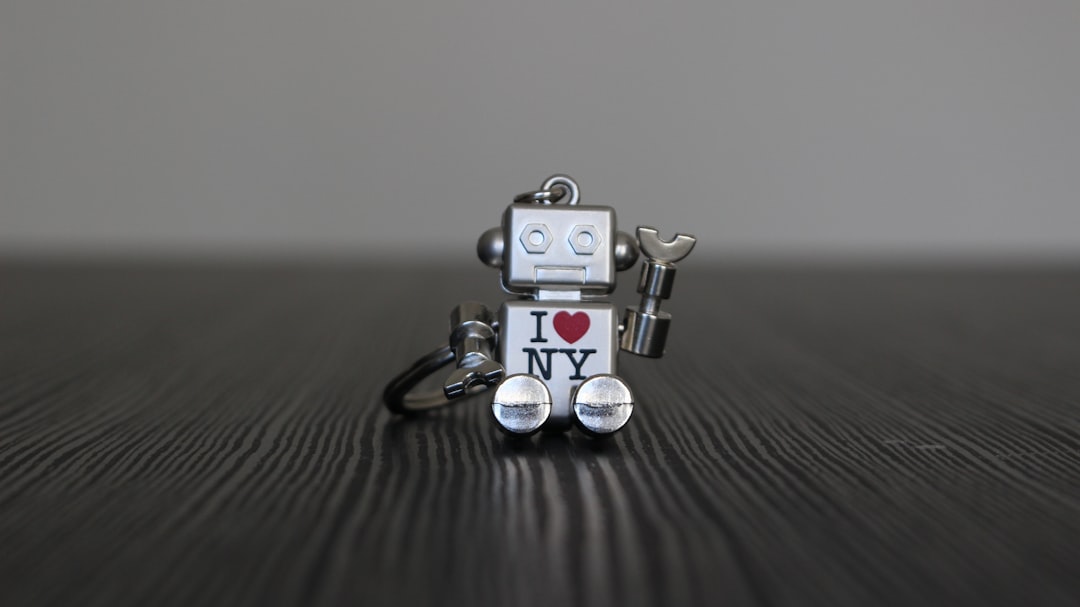As we move deeper into the decade, artificial intelligence (AI) continues to reshape industries, influence policy, and challenge ethical frontiers. The technology, once considered speculative fiction, is now integral to global economies, healthcare systems, and scientific discovery. In 2025, the pace of innovation shows no signs of slowing. This article examines the key areas of development and what lies ahead for AI in the near future.
Increased Specialization in AI Models
The large, generalized language models of today, such as those used in conversational assistants and content generation, will begin to give way to more narrowly focused systems. These specialized AI models will be trained for specific industries, such as law, medicine, or finance, offering greater accuracy and reliability in domain-specific tasks.
Unlike today’s general-purpose AIs, future models will be:
- Smaller – requiring fewer computational resources.
- Faster – optimized for real-time decision making.
- More Accurate – trained on curated, field-specific datasets.
This shift toward specialization will enable AI to become more deeply embedded in professional workflows, reducing human error and boosting productivity.

AI and the Workplace: Reimagining Human-AI Collaboration
By 2025, AI will not be about replacing jobs but transforming them. Businesses are beginning to recognize the value of collaborative intelligence, where machines handle data-heavy tasks and humans focus on creativity, strategy, and decision-making. As AI tools become more intuitive, their integration into daily operations becomes seamless.
Key developments include:
- Automated assistants that handle scheduling, data entry, and routine communication.
- Real-time analytics engines that help executives make informed decisions.
- AI-mediated training tools that personalize learning for employees at scale.
Organizations that invest in training the workforce to adopt AI responsibly will see significant competitive advantages.

Privacy and Regulation: The Governance Challenge
As AI infiltrates more aspects of daily life, concerns over data privacy, surveillance, and algorithmic bias have become front and center. In response, governments and international bodies are racing to implement new regulatory frameworks to ensure ethical deployment and accountability.
By 2025, we are likely to see the widespread adoption of:
- AI-specific legislation outlining developers’ responsibilities.
- Auditing requirements for high-risk applications such as facial recognition and policing algorithms.
- Standards for transparency, requiring explainability of AI decisions.
Although regulation may slow innovation in the short term, many experts believe it will instill trust in AI systems and create a sustainable ecosystem for growth.
Frontiers in Human Interaction
Experts predict that future AI interfaces will become more natural, more social, and more human-like. Advances in natural language processing, emotional intelligence, and multimodal understanding will enable AI to better interpret tone, context, and intent.
This could have major implications for:
- Virtual companions that support mental health and aging populations.
- AI customer service agents that understand emotions and personalize responses.
- Education technologies that adapt to individual student needs dynamically.

Toward a Responsible AI Future
As AI continues to evolve, concerns around ethical usage and societal impact remain highly relevant. Researchers and engineers are increasingly emphasizing “responsible AI”—a framework that prioritizes fairness, accountability, and inclusivity. Academic institutions, private companies, and governments are working on cross-disciplinary initiatives to align AI innovation with public values.
In the coming years, expect to see:
- Greater diversity in AI training data to reduce systemic biases.
- More collaboration between technologists and social scientists in designing AI systems.
- Public engagement efforts to raise awareness about AI’s capabilities and limitations.
Responsibility in artificial intelligence is no longer optional—it is a necessary precondition for its wide adoption and long-term success.
Conclusion
By 2025, artificial intelligence is poised to become more embedded, more specialized, and hopefully, more equitable. The promise of AI is vast, but so are the challenges. By focusing on ethical integration, domain-specific innovation, and human-centered design, societies can harness the full potential of AI technologies. What lies ahead is not just a digital transformation, but a redefinition of how humans and machines can collaborate for a better future.






